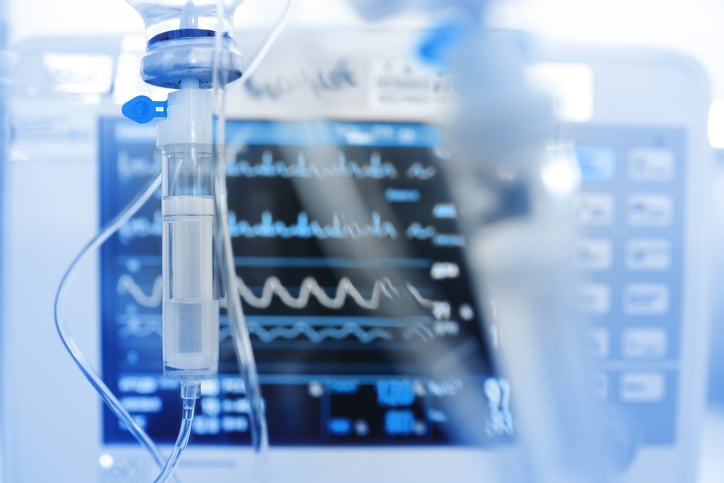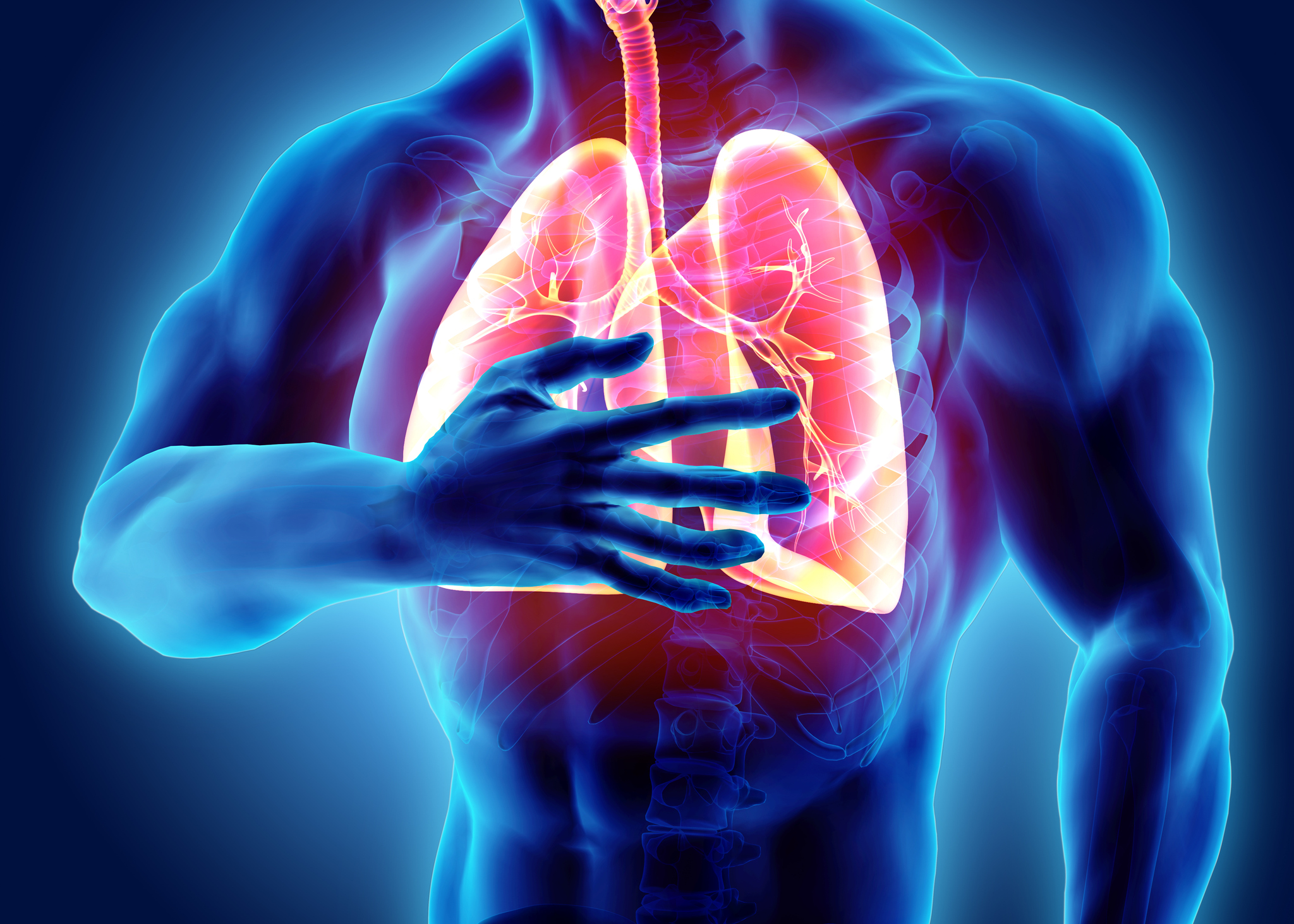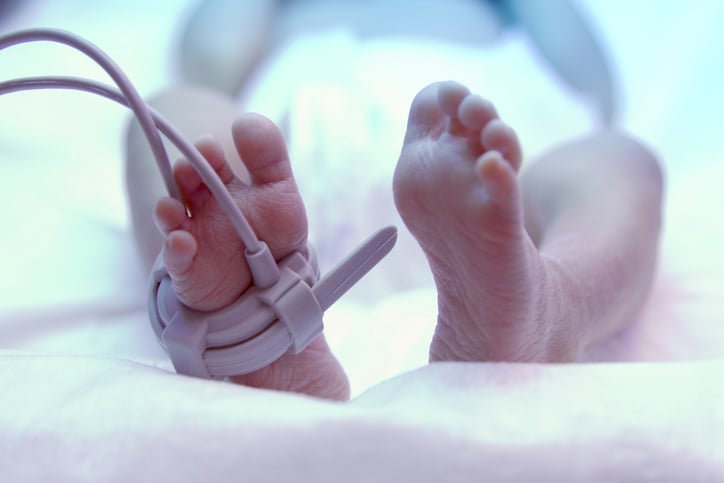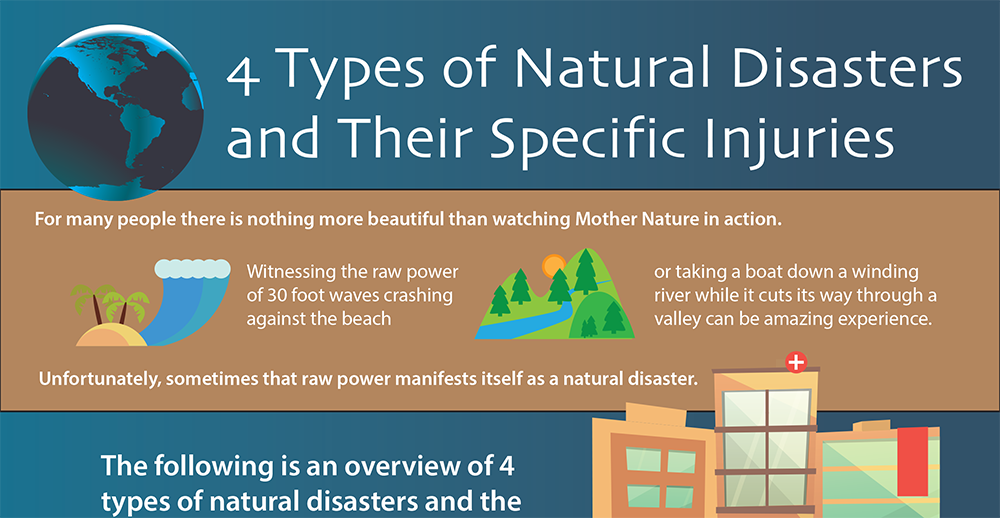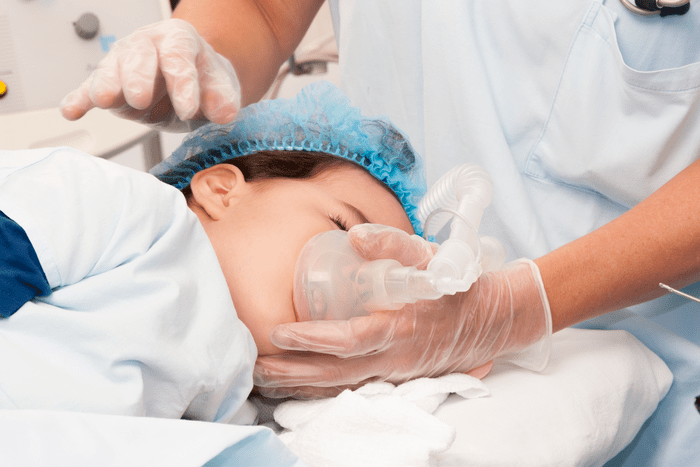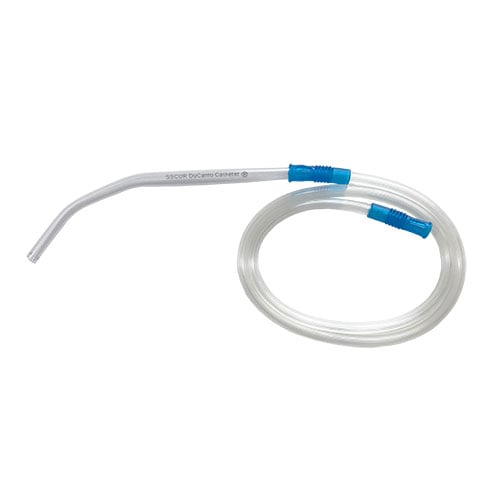Sooner or later, every nurse must suction a patient. For nurses who work in intensive care units or emergency care, or who support patients with spinal cord injuries, suctioning may be a daily part of the job. When suctioning becomes routine, it’s easy to lose sight of the risks. Some simple precautionary measures can both reduce risk and improve patient outcomes.



